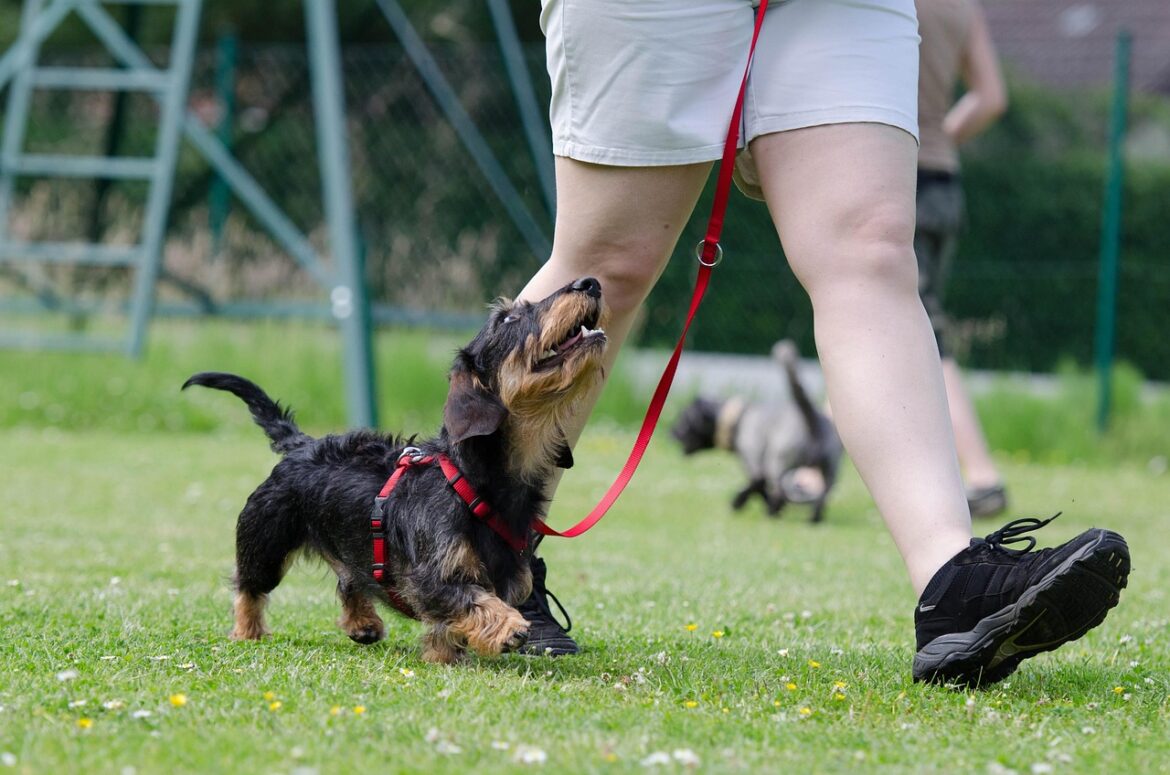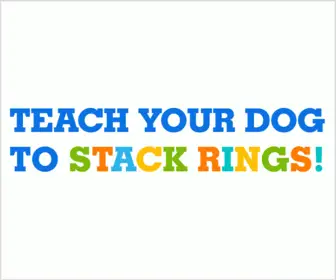Mastering Puppy Housebreaking: Essential Techniques for Success
Housebreaking a puppy is an essential yet challenging part of bringing a new dog into your home. It requires patience, consistency, and the right strategy tailored to your furry friend. With a focused approach, you can minimize accidents and ensure that your puppy grows into a well-trained adult dog. In this article, we’ll explore effective housebreaking techniques, answer common questions, and provide you with the tips you need to make puppy potty training a success.
Understanding the Basics of Puppy Housebreaking
Puppy housebreaking, or potty training, involves teaching your young dog to eliminate outdoors instead of inside the house. This training usually begins the moment the puppy arrives at your home and can take several weeks to several months depending on the individual dog and the consistency of the training.
Begin by understanding that puppies have limited bladder control and will need to go frequently. Typically, puppies can control their bladder one hour for every month of age. So, a two-month-old puppy will need to go outside every two hours.
Key Techniques for Successful Housebreaking
1. Maintain a Regular Schedule
Consistency is key in puppy housebreaking. Establish a predictable routine for feeding, playtime, and potty breaks. Puppies usually need to eliminate after sleeping, eating, and during intense play. By taking your puppy outside at these times, you reduce the chances of accidents and help your puppy learn the appropriate times and places for elimination.
2. Choose a Specific Potty Area
Pick a designated spot outside where you want your puppy to relieve themselves. Consistently taking your puppy to this spot will help them associate it with potty time. Use a specific command such as “go potty” to signal to your puppy what is expected.
3. Supervise and Confine
When you are not directly supervising your puppy, confine them to a restricted space like a crate or a puppy-proofed room. This not only prevents accidents around the house but also teaches your puppy to hold until they are taken outside. Just ensure the space is comfortable and not used as punishment.
4. Reward Positive Behavior
Positive reinforcement is very effective in puppy training. Whenever your puppy eliminates outside, immediately praise them and offer a treat. This will reinforce their good behavior and encourage them to repeat it.
5. Manage Accidents Appropriately
Accidents are inevitable in the early stages of puppy housebreaking. When they happen, it’s important not to punish your puppy as this could lead to fear and confusion. Instead, clean up the mess thoroughly to remove any odors that might attract your puppy back to the same spot. Use an enzyme-based cleaner designed for pet odors.
Addressing Common Housebreaking Challenges
Dealing with Irregular Schedules
If you have an irregular schedule, it might be more challenging to maintain a consistent routine. Consider enlisting the help of a dog walker or a friend to maintain the potty break schedule. Additionally, an indoor puppy toilet or puppy pads may be necessary as a temporary solution.
Adapting to Apartment Living
Apartment living can pose additional hurdles, such as no easy access to an outdoor area. In these cases, establishing a balcony potty area or using puppy pads inside can be useful techniques. Gradually transitioning to outdoor breaks will be essential as your puppy grows and can control their bladder for longer periods.
FAQs in Puppy Housebreaking
How long does it typically take to housebreak a puppy?
Most puppies can be housebroken in 4-6 months, but some might take up to a year. The time it takes can vary significantly based on the individual dog, the method used, and how consistent the schedule is.
What if my puppy doesn’t seem to be learning?
If progress is slow, consider whether the intervals between potty breaks are too long or if there are too many opportunities for unsupervised access to the house. Consulting a professional dog trainer can also provide tailored advice and strategies.
Can older dogs be housebroken?
Yes, older dogs can still learn good bathroom habits. The key is patience and consistency, similar to training a puppy, but adjusting expectations based on the older dog’s learning pace and previous experiences.
Conclusion
Mastering puppy housebreaking is a major milestone in dog ownership. By implementing these essential techniques and staying patient, you will help your puppy develop good habits and enjoy a lasting, happy relationship. Remember, every puppy is different, and adapting the training to suit your individual puppy’s needs is crucial for success.



